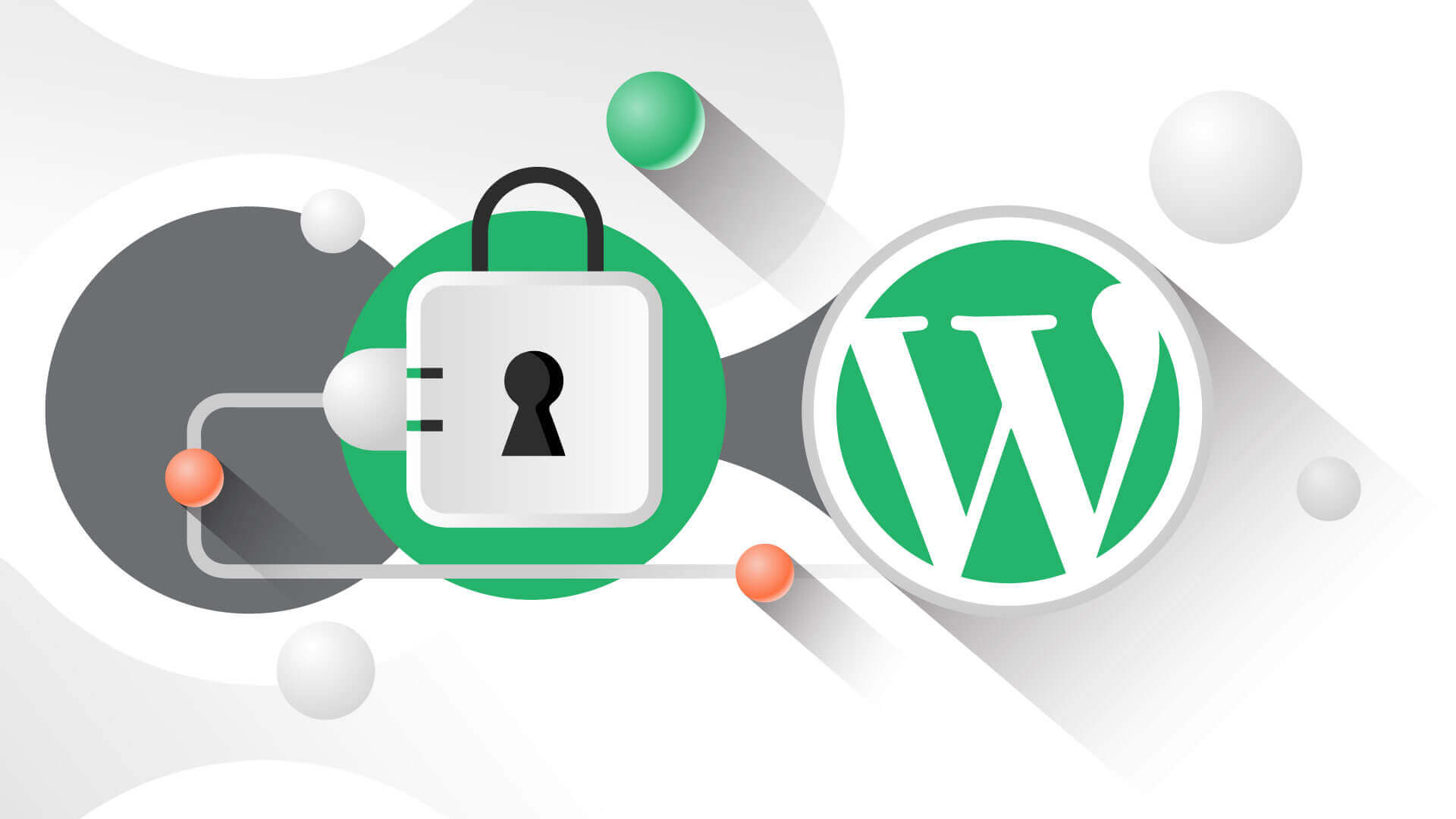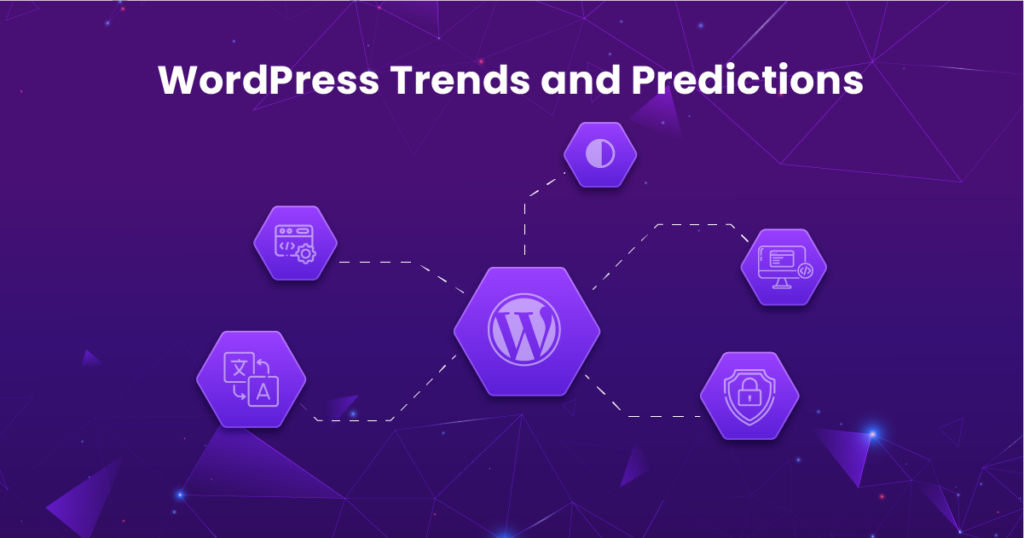Best Practices for Secure and Efficient Plugin Coding

WordPress plugins play a crucial role in extending the functionality of your website, but improper coding practices can introduce security vulnerabilities and affect overall performance. As a plugin developer, it’s essential to follow best practices to ensure your code is secure, efficient, and adheres to WordPress standards. In this guide, we’ll explore key considerations for writing secure and efficient code for your WordPress plugins.
1. Validate and Sanitize Input Data:
Ensure that any data received from users, whether through forms or other interactions, is properly validated and sanitized. Use WordPress functions such as sanitize_text_field() and intval() to sanitize input and prevent common security vulnerabilities like SQL injection and cross-site scripting (XSS).
$username = sanitize_text_field($_POST['username']);
$user_id = intval($_GET['user_id']);2. Escape Output:
When outputting data to the browser, use appropriate escaping functions to prevent XSS attacks. Functions like esc_html(), esc_attr(), and esc_url() ensure that user-generated content is displayed safely.
echo '<p>' . esc_html($user_input) . '</p>';3. Enforce Least Privilege Principle:
Follow the principle of least privilege by granting your plugin the minimum necessary permissions. Avoid using overly broad capabilities like manage_options when more specific capabilities can suffice.
add_menu_page('Page Title', 'Menu Title', 'edit_posts', 'menu-slug', 'page_callback');4. Use Nonces for Form Submissions:
Include nonces in your forms to protect against Cross-Site Request Forgery (CSRF) attacks. WordPress provides functions like wp_nonce_field() and check_admin_referer() for easy implementation.
echo '<form method="post">';
wp_nonce_field('my_nonce_action', 'my_nonce_field');
// Form fields go here
echo '</form>';5. Implement Data Validation in the Backend:
Validate and sanitize data on the server-side as well, especially before saving it to the database. Utilize functions like check_admin_referer() to verify nonces and additional validation checks to ensure data integrity.
if (check_admin_referer('my_nonce_action', 'my_nonce_field')) {
// Process form data securely
}6. Secure Database Queries:
Use prepared statements or WordPress functions like $wpdb->prepare() when interacting with the database to prevent SQL injection attacks.
global $wpdb;
$results = $wpdb->get_results($wpdb->prepare("SELECT * FROM {$wpdb->prefix}my_table WHERE user_id = %d", $user_id));7. Minimize Database Queries:
Optimize database queries for efficiency. Minimize the number of queries and use caching mechanisms when appropriate. Avoid unnecessary data retrieval and manipulation.
8. Implement Efficient Code Structure:
Organize your code efficiently to enhance readability and maintainability. Follow the PSR-2 coding standard and adopt a modular structure. Break down complex functionalities into smaller, reusable functions.
9. Utilize WordPress Hooks Properly:
Leverage action and filter hooks to extend WordPress functionalities. Understand the appropriate hook to use for your specific needs and avoid excessive use of hooks, which can impact performance.
10. Regularly Update and Test:
Keep your plugin codebase up to date with the latest WordPress versions. Regularly test your plugin for compatibility and security. Update deprecated functions and adopt new features introduced in newer releases.
11. Implement Error Handling:
Handle errors gracefully to avoid exposing sensitive information to users. Use functions like wp_die() for controlled error messages and logging mechanisms for debugging purposes.
if (empty($data)) {
wp_die('Invalid data received');
}12. User Authentication and Authorization:
Ensure proper user authentication and authorization checks, especially when dealing with sensitive operations. Use functions like current_user_can() to check user capabilities.
if (current_user_can('manage_options')) {
// Allow access to privileged users
}Conclusion:
By incorporating these best practices into your WordPress plugin development workflow, you contribute to a more secure and efficient WordPress ecosystem. Prioritize security, follow coding standards, and regularly update and test your plugins to provide a positive experience for users while safeguarding their data. Secure and efficient coding is not only a development best practice but also a commitment to the integrity of the WordPress community. Happy coding!



